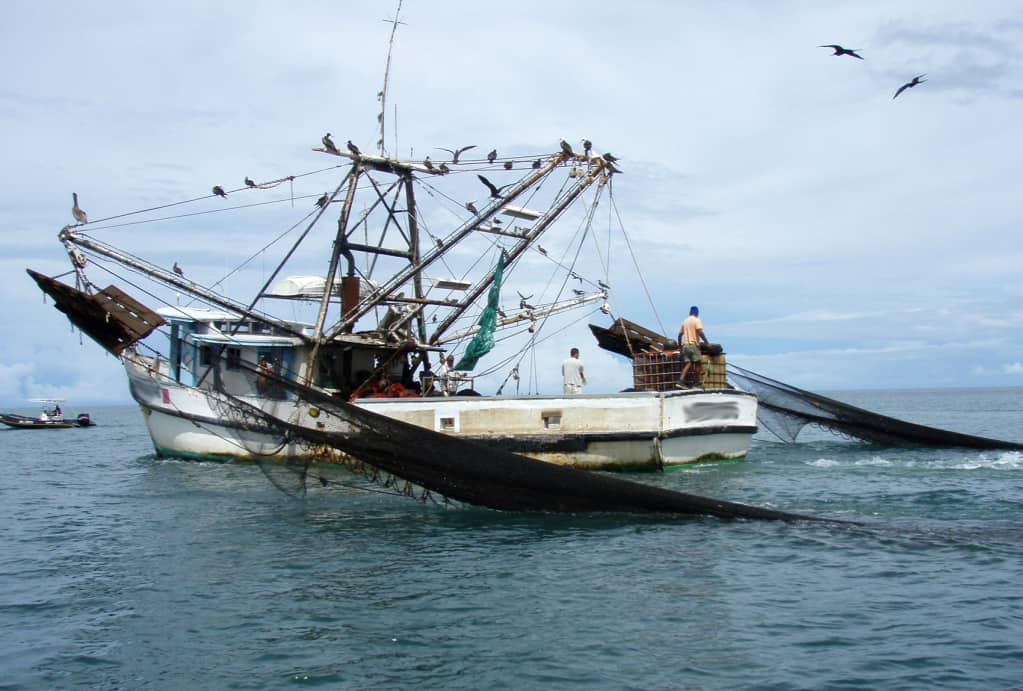In a controversial move, the Costa Rican government has granted permits for commercial shrimp trawling to eight vessels, lifting a ban imposed in 2013 due to its severe environmental impact. The decision has led to heated debate over the sustainability of shrimp trawling and its potential consequences for marine ecosystems. This article explores the background of this decision, the concerns raised by various stakeholders, and the ongoing controversy surrounding shrimp trawling in Costa Rica.
- The Return of Shrimp Trawling
Costa Rica’s shrimp sector has welcomed the government’s decision to allow the resumption of trawling, which will take place as part of an experiment to determine its sustainability. The practice was banned in 2013 due to the significant environmental damage it caused to marine species, with the caveat that it could be reinstated if proven sustainable.
- Experimenting with Sustainability
The experiment, overseen by researchers and guided by criteria from universities and scientists, aims to assess the feasibility of sustainable shrimp trawling. However, the MarViva Foundation has criticized the government’s decision, accusing it of trying to reactivate trawling through “an underhanded way” and excluding non-governmental organizations and independent scientists from the process.
- A Questionable Study
A 2018 study suggested that shrimp trawling could be sustainable, with 75% of the catch comprising shrimp and 25% consisting of other species. However, critics argue that the study was too brief (only three months) and limited in scope, as it was conducted exclusively at the entrance to the Gulf of Nicoya, which does not represent the fishing conditions along the entire Pacific coast.
- Access to Information and Inclusivity Concerns
Opponents of the shrimp trawling decision also point to a lack of transparency, as access to public information has been denied and non-governmental organizations, as well as independent scientists, have been excluded from the study. These concerns have fueled doubts about the objectivity and reliability of the ongoing experiment.
- Potential Environmental Impact
The primary concern surrounding shrimp trawling is the potential environmental damage it can cause to marine ecosystems. Trawling can lead to significant bycatch, or the unintentional capture of non-target species, and disrupt the seabed, impacting the habitats of various marine organisms. The debate over the sustainability of shrimp trawling raises important questions about balancing economic interests with environmental conservation.
The Costa Rican government’s decision to allow shrimp trawling has sparked a heated controversy over its sustainability and potential environmental impact. As the experiment continues, it remains to be seen whether sustainable shrimp trawling is possible or if the concerns raised by critics will be validated. In the meantime, the debate serves as a crucial reminder of the importance of balancing economic development with environmental conservation.

